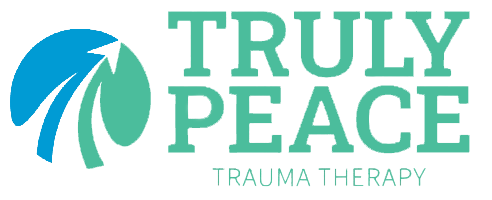Abuse is a deeply troubling and pervasive issue that affects countless individuals across the globe. It can manifest in various forms, each equally destructive and harmful. In this blog post, we’ll delve into the different types of abuse to shed light on this critical topic. It’s crucial to recognise the signs and understand the dynamics of abuse to help those who may be suffering in silence.
1. Physical Abuse
Physical abuse involves the use of physical force to harm or control another person. This can range from slapping, pushing, hitting, punching, to more severe acts like choking or using weapons. It can also encompass the destruction of property or disposing of belongings without consent. Physical abuse can be both actual or attempted and is often driven by the intent to injure, control, or induce fear.
2. Sexual Abuse
Sexual abuse encompasses any forced or unwanted sexual activity, including rape, unwanted kissing, or touching. Forcing someone to engage in sexual acts they do not consent to is also considered sexual abuse. Humiliation and degradation are frequently part of this deeply distressing form of abuse.
3. Reproductive Control
Reproductive control is linked to sexual abuse but specifically relates to a person’s ability, often women or young women, to control their reproductive health. This can involve decisions regarding contraception, pregnancy, and termination, where an individual is coerced or given little say in these matters.
4. Verbal Abuse
Verbal abuse entails insults, constant put-downs, name-calling, and yelling. Victims may be subjected to demeaning comments about their appearance, competence, or self-worth. Verbal abuse often goes hand in hand with emotional abuse.
5. Emotional/Psychological Abuse
Emotional or psychological abuse is aimed at making the victim feel scared, intimidated, insane, stupid, or worthless. It includes threats of harm, criticism, harming pets, denying or minimizing abuse, and withholding information or involvement in decision-making.
6. Social Abuse
Social abuse involves behaviors that isolate the victim from family and friends. This can include criticism or suspicion of loved ones, control over communication devices, or physically isolating the victim.
7. Financial Abuse
Financial abuse can lead to financial hardship and poverty for victims. It includes controlling access to money, forcing the surrender of bankcards or credit cards, and preventing employment or involvement in financial decisions.
8. Spiritual Abuse
Spiritual abuse undermines an individual’s self-identity by criticising their spiritual beliefs, using religious texts to justify abusive behavior, and denying the freedom to practice one’s culture or language.
9. Damage to Property
This form of abuse involves purposefully damaging or breaking items owned or used by the victim. It can include breaking household items, children’s toys, damaging property like cars, or punching holes in walls to intimidate and frighten.
10. Stalking
Stalking is intended to intimidate and harass victims and may involve following them, monitoring their activities, and harassment through calls, texts, emails, or social media.
11. Technological Abuse
This emerging form of abuse is linked to stalking and psychological abuse. It involves the use of technology to monitor, stalk, or intimidate the victim, often without their knowledge. This can include GPS tracking, spyware, hidden cameras, and more.
12. Threats as Abuse
Threats to engage in any of the aforementioned forms of abuse are, in themselves, acts of abuse. Threats can be used to control and manipulate victims.
It’s important to note that often, more than one form of abuse occurs simultaneously in an abusive relationship, and these forms can be interlinked. Recognising the signs and understanding the different types of abuse is crucial for offering counselling support and assistance to those who may be trapped in abusive situations. If you or someone you know is experiencing any form of abuse, seek help and support from professionals or support organisations immediately. You don’t have to face it alone.

